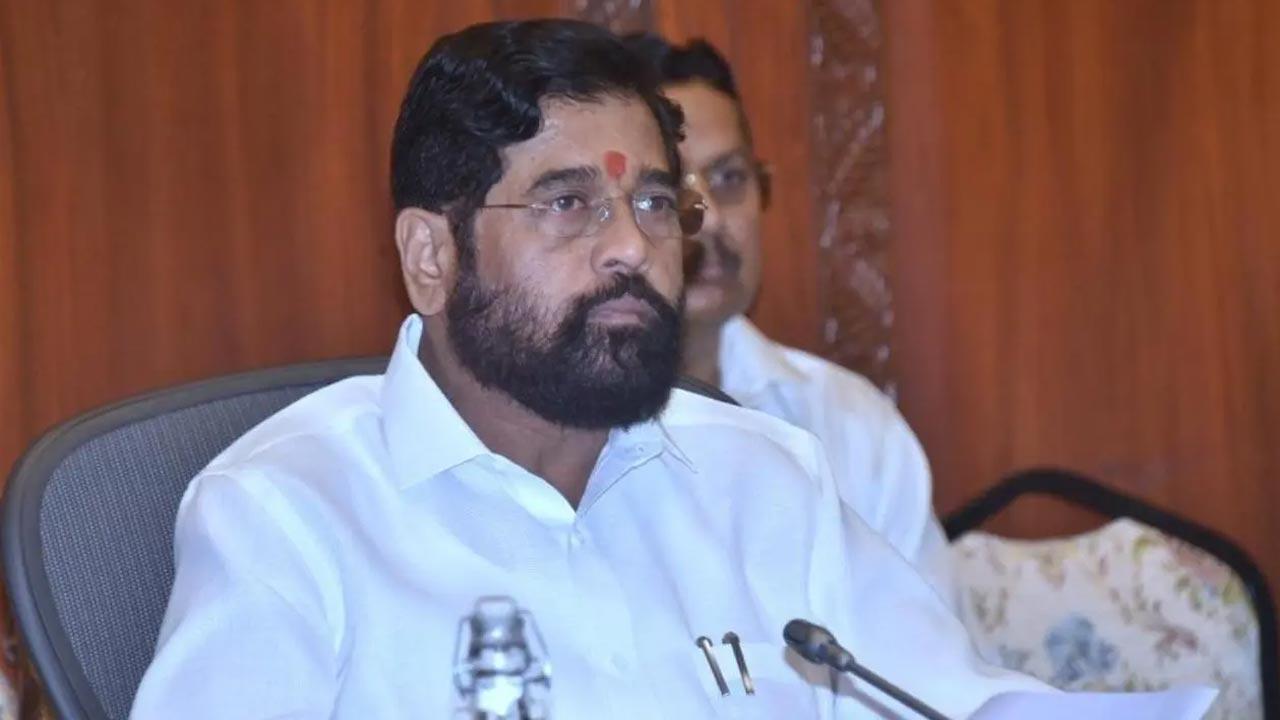In the Development Plan 2034 for the city, there is a suggestion to develop salt pan lands for affordable housing

Eknath Shinde
Environmentalists are unhappy with Chief Minister Eknath Shinde’s plan to develop salt pan lands in the city. According to available data, there are around 5,500 acres of salt pan lands, with most of it coming under the non-development zone. Salt pans are mainly located between Mulund and Kanjurmarg and at Ghatkopar, Trombay, Mandale, Turbhe, Wadala, Malvani and Dahisar. In the Development Plan 2034 for the city, there is a suggestion to develop salt pan lands for affordable housing.
ADVERTISEMENT
Experts claim that construction on salt pans will be disastrous for the environment. In a report that generated significant response, given the hot button that saving the environment is, experts have spoken out about salt pans working as a buffer between land and the sea. Salt pans act as water-holding areas during the monsoon, which prevents waterlogging in some parts of the city. Development will spell the end of mangroves and the ecosystem, said another expert.
Since alarm bells are pealing, we must listen to environmentalists and the CM must see if there are other options. A panel can be formed with the decision makers and environmentalists where both will be on the same side, to find a solution to these woes. We usually see authorities and environmentalists facing off or opposing each other. It may be time to change that, with both on one side trying to come to a conclusion about what is best for the city.
If fears like losing the ecosystem or more waterlogging are valid, there has to be a way around this. Today, we are creating problems like hacking trees, turning open parks into parking lots and then talking about planting trees. Salt pan housing needs thought, research, analysis and measured action.
 Subscribe today by clicking the link and stay updated with the latest news!" Click here!
Subscribe today by clicking the link and stay updated with the latest news!" Click here!







